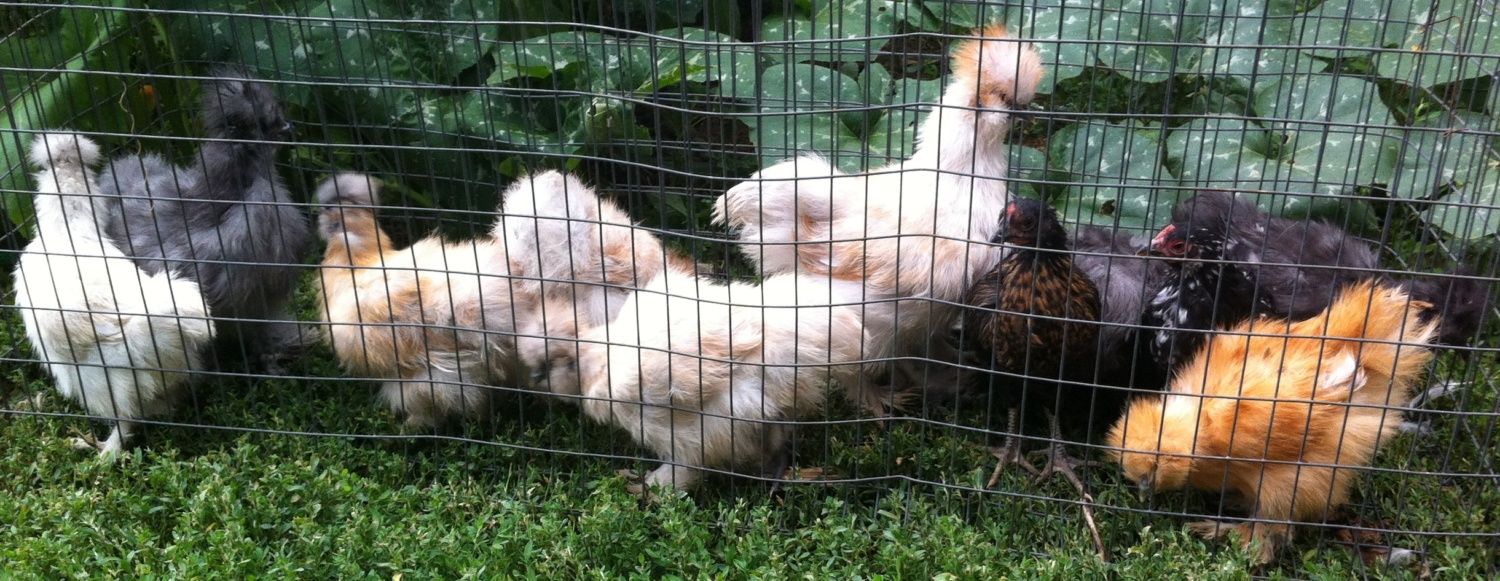Tracie, if I were you, I'd leave them be, they should be plenty warm. Don't forget, you're not wearing a down coat or sleeping with multiple partners. If I were you, I'd block off those nest boxes and block them off so they can't get in there until they are ready to lay.I guess if I am cold everyone should be cold. Should I crawl inside and put up board insulation or would a light work? What do you recommend?
Thanks Tracie
When I went this spring (to Widefield) they didn't know enough to tell you what they HAD, either.. They can't say what they are getting because they order the cheapest way possible. Hatchery choice variety packs. So the salesmen can never tell you what's coming because they never know.
ETA: I really didn't mean that to come out harsh, but when I read it it sounds harsh. It isn't.

Last edited:







 The buff ones are gorgeous... major case of chicken envy.
The buff ones are gorgeous... major case of chicken envy.